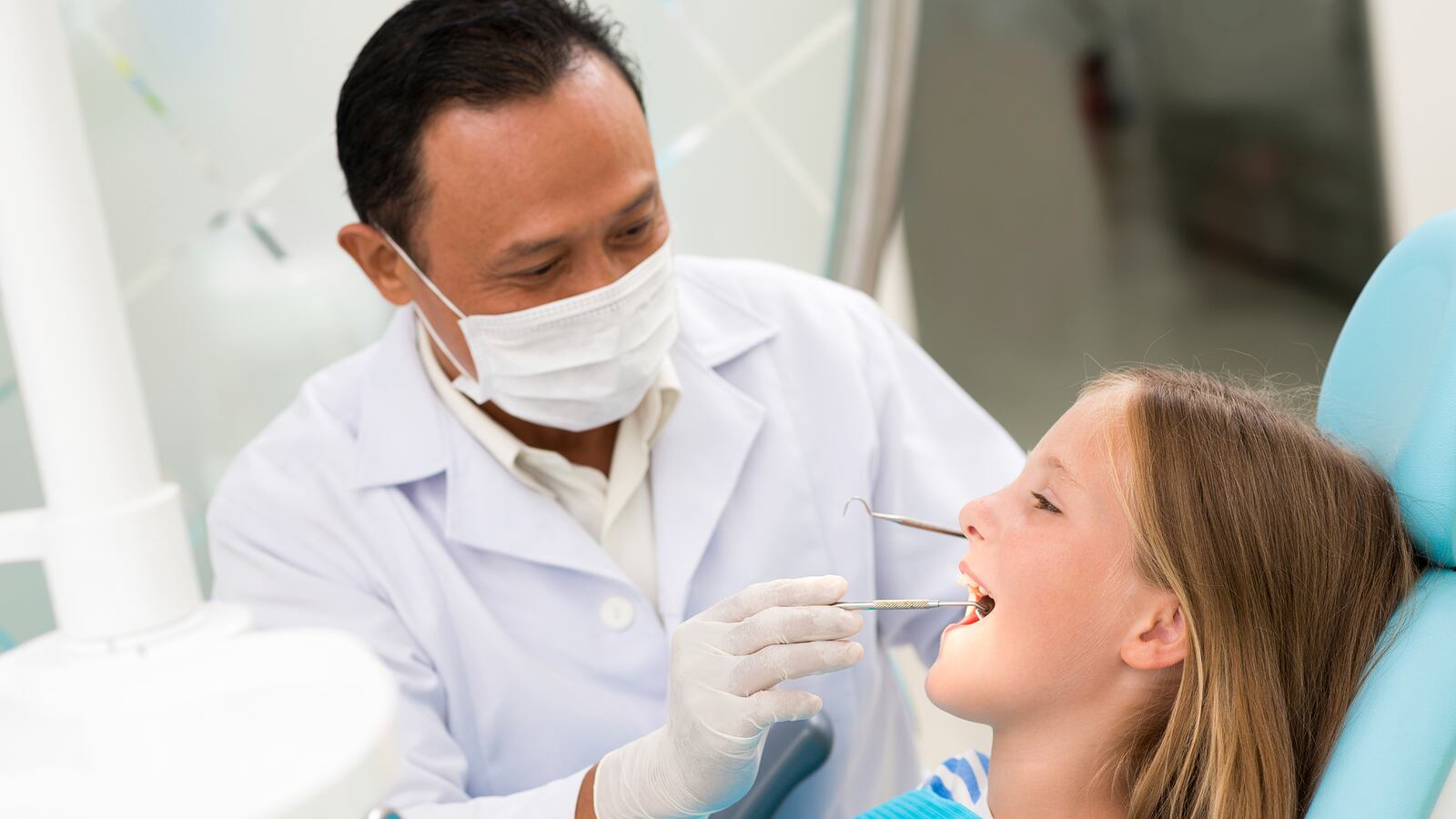“We expected to be rounding on you yesterday, too.”
The tone of the comment was jovial and the intention behind it lighthearted when a senior physician at my previous job said those words to me a few years ago. Nonetheless, the message was clear enough. I had called in sick the day before, and the implication being made was that presumably I only would have done so if I had been nearly ill enough to need hospitalization myself.
Medical providers routinely tell our patients to stay home when they are sick. But when it comes to providers ourselves, we all too often choose otherwise.
A new study in the journal JAMA Pediatrics examines why physicians and nurse practitioners head to work when they are symptomatic, despite knowing they might risk spreading their illness to others. And man, could I relate to what they said.
Researchers sent a survey to all attending physicians and advanced practice clinicians—including certified registered nurse practitioners, physician assistants, clinical nurse specialists, certified registered nurse anesthetists, and certified nurse midwives—at The Children’s Hospital of Philadelphia (CHOP), one of the nation’s premier children’s hospitals. Of the approximately 60 percent of providers who responded, about 83 percent reported working while suffering from some kind of illness at least once in the past year. A little over nine percent reported doing so five times or more. This despite over 95 percent of respondents acknowledging that working while sick puts patients at risk.
Among the most common reasons cited for showing up with symptoms, nearly everyone who answered listed not wanting to let colleagues down. Right behind were fears that there wouldn’t be sufficient staff to see patients and not wanting to let those patients down, either. To my dismay but not my surprise, nearly two thirds reported fear of being ostracized for staying home sick.
It’s all too understandable how these patterns of behavior come to pass. Medicine is a profession that puts a premium on overachievement. Anything that gives the appearance of working less hard or striving less diligently than one’s peers is anathema. It doesn’t matter if you’re sick or not, the patients are going to need seeing. If you’re not there, it just means you’re making the people around you work harder.
The more limited the available staff in any given clinic or department, the worse the problem will be. At a world-renowned institution like CHOP, patients may have been waiting months to see a particular specialist. It was no surprise at all to read that providers there described trying to find back-up when they were sick as “a disaster,” “a nightmare,” “impossible,” “chaos,” and “brutal.”
“I think hospitals and emergency departments are a little different than private offices, as EDs can't close,” Dr. Emily Martin, a pediatric emergency medicine specialist at a large academic medical center, wrote to me. (Given the sensitive nature of the topic, all people I spoke to requested I take steps to prevent their being identified. Names have been changed here and below.) “We do our best to get coverage. With staffing at a minimum, we're often stuck working when we shouldn't. Though, the hospital policy clearly states ‘don't work with a fever.’”
“What I hate is the policy of ‘don't do it,’ but there’s no system in place to help prevent it,” Dr. Martin continued. She notes that the hospital can’t pull providers from a specialty like nephrology to cover the ED (or visa versa) because of the different kinds of expertise needed in the different departments. Because of staffing pressures like this, another doctor I heard from spoke of giving ED providers IV fluids before sending them out to finish a shift.
I wish that struck me as shocking, but as someone who completed a night of call as a senior resident with an IV himself, it simply sounded familiar.
What sets this new study apart is that it examined the behavior of doctors and other clinicians who were out of training. Other studies have dealt with the problem of “presenteeism” among resident physicians, on whom the pressures are even worse. A physician in Canada told me that over a holiday call cycle she worked sick as a resident because the other resident sharing back-to-back call with her would otherwise have had to work three days in a row.
However, as well-documented as the time demands on residents are, this new report shows that more senior medical providers are no less prone to work sick than those in training. A 2010 study of residents across numerous specialties found that nearly 60 percent had worked while ill within the previous year, which is still far too many but much fewer than the 83 percent of attendings and other clinicians surveyed at CHOP. (One hospital in that study did report a startling 100 percent rate of residents working while sick, which I do not take as a positive comment on the culture there.)
Of course, the pressure to work when sick isn’t limited to physicians and other clinicians. Nurses face similar pressures, both from peers and supervisors. In some cases, the decision to work sick is a result of hospital policies.
“I work with plenty of doctors and nurses who go to work sick,” I was told by Allison Stevens, a nurse in New Jersey. “Myself included. If we call out, we use paid time off or vacation time.”
She says that the hospital where she works cut sick days, and that promised additions to paid days off never materialized.
“We view it as a punishment from the hospital to be sick and use [vacation] time,” she continued. “The nurses I work with hate the policy. We used to accrue sick time up to around 960 hours, and the hospital took it away as an incentive for people to not call out. So now we go in sick.”
It doesn’t seem to require a flying leap of logic to conclude that a policy meant to discourage employees calling in sick will create a disincentive for them to stay home when they ought to.
To some extent, the problems that lead to inappropriate presenteeism are difficult to fix. A hospital cannot hire such a plenitude of providers that there will always be ample coverage for all its departments all the time. If it means choosing between exposing a patient to an illness they suspect is mild and low-risk vs. cancelling and trying to reschedule a long-awaited appointment, many providers are probably going to opt for the former.
However, the stigma attached to staying home except when you’re at death’s door has got to go. We owe it to our patients to diminish their risk of catching additional illnesses from us when they come to us for care. Working harder when we must to pick up the slack when the provider staff is stretched is something that comes with the job, and freedom to stay home ourselves when we shouldn’t be getting out of bed is a reciprocal part of the bargain.
If we’d tell your patient to stay home from school or work with the symptoms we have, we have an obligation to them to heed our own advice. Nobody should fear repercussions for doing so.





